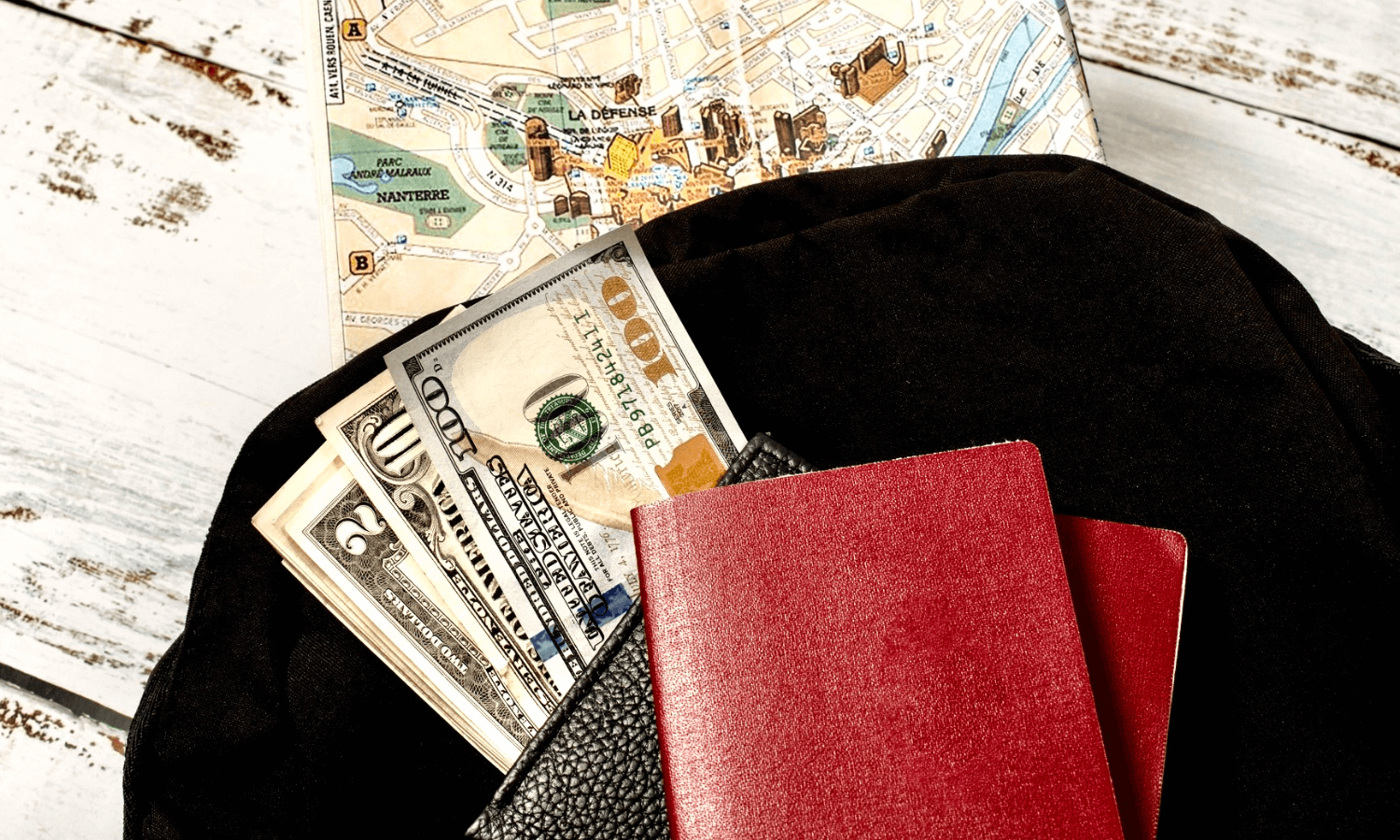Canada has gradually moved toward becoming a cashless society, with most people paying for purchases with smartphones or credit cards. However, whether or not you should carry cash—and how much—can still be a point of contention when travelling abroad.
How much cash should Canadian travellers carry?
“The question shouldn’t be whether cash is still worth it, but it’s how to use it wisely, especially when every dollar counts,” said Amra Durakovic, a spokesperson for Flight Centre Travel Group Canada Inc.
She said the decision to carry cash and the amount depends on the destination, purpose of travel and how prepared a traveller wants to be.
When Durakovic was travelling to Nicaragua, she knew the airport transfer cost and driver tips would likely be a cash-on-hand situation. For her Morocco trip not too long ago, she said she carried small bills in U.S. dollars when visiting local markets and to pay for taxis.
Even if you’re going on a cruise or to an all-inclusive resort, carry some cash for tipping staff, Durakovic suggested.
“We would recommend that you do carry a modest amount in bills, ideally in the currency that’s most widely accepted locally,” she said.
Durakovic said she personally takes at least USD$100 in cash when travelling abroad, mostly in smaller bills. She also emphasized paying gratuities on all-inclusive trips in Canadian dollars ahead of time to avoid exchange-rate surprises or finding out there are no ATMs on-site at the resort.
Sometimes, all-inclusive resorts and cruises can include gratuities in a daily service charge, allowing travellers to account for tips in their budget ahead of time. Prepaid gratuities are typically broken down per night and per guest. For example, Disney Cruise recommends a prepaid gratuity of between USD$16 and USD$27.25 per night, per guest.








